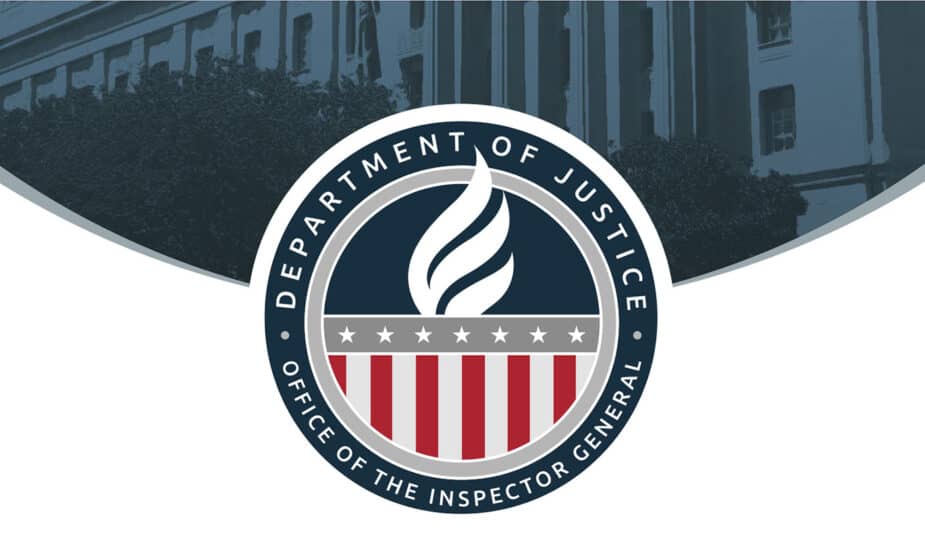
An official government report has concluded that the Trump-era Justice Department failed to obtain the necessary approvals before subpoenaing customer phone and text data from Apple and other companies.
It also failed to obtain permission from the attorney general before issuing a gag order on Apple, preventing it from disclosing that it had been coerced into handing over personal data …
Background
In 2017, several media organizations used the leaked information to report on contacts between Trump associates and Russian officials during the 2016 presidential election campaign. Some of the leaked information was classified, prompting a Justice Department investigation.
As part of its investigation, the Justice Department used a variety of enforcement procedures, including subpoenas, search warrants, and court orders, to demand call and text records from journalists, congressional staff, and two members of Congress. Apple was one of the main companies forced to hand over this data and was ordered not to disclose the fact that it had done so. In some cases, this gag order was extended multiple times, spanning up to four years in total.
Given the potential conflicts between such investigations and press freedom, policies and procedures are set forth requiring high-level clearances before demanding data and issuing gag orders.
Office of the Inspector General Report
The Office of Inspector General (OIG) conducted its own oversight investigation into whether appropriate steps were taken and concluded that the Justice Department did not obtain the required approvals either before initially requesting the data or before issuing gag orders (gag orders) against Apple and Google.
We found that the Department failed to convene the News Media Review Committee to review mandatory process authorization requests; the Department failed to obtain the required Director of National Intelligence (DNI) certification in one investigation, and we were unable to confirm whether the DNI certification it obtained in another investigation was provided to the Attorney General before he authorized the request; and the Department did not obtain express authorization from the Attorney General for NDOs that were sought in connection with a mandatory process issued during the investigations.
The OIG said it was concerned about the shortcomings and that it was important they not happen again.
Engadget notes that Apple fought back at the time, issuing a new policy that it would only provide 25 “identifiers” (pieces of data like phone numbers and email addresses) when requested. The company stressed that it did not hand over photos or email text.
Apple publishes regular transparency reports on the data it has provided in response to government requests around the world.
Image: OIG










